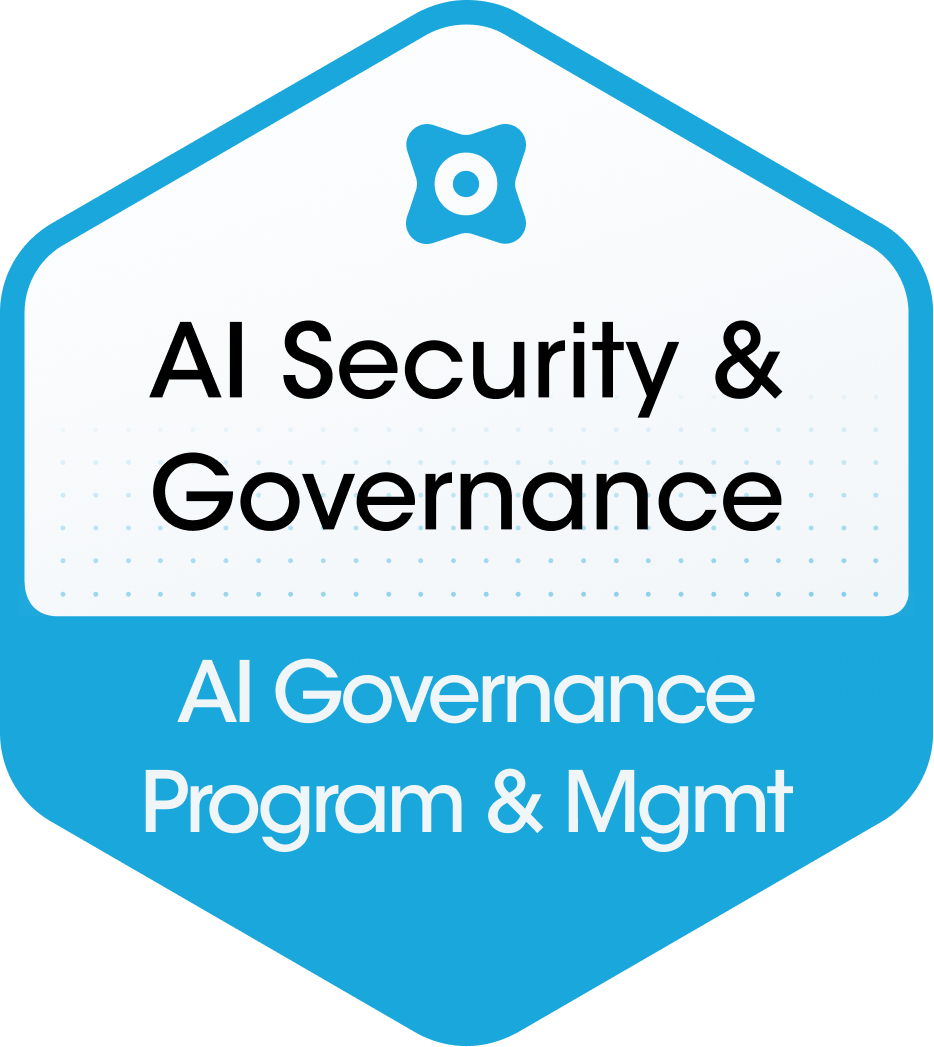
An Open, Ethical Standard for Humanity-Centered AI in Education
We challenge the black box paywalls and 'quick fix' promises of commercial EdTech. Connected Classroom is a custom consultancy dedicated to providing transparent, privacy-first tools that empowers the teaching profession.
Our Philosophy: Pragmatism Meets Idealism
Timothy Cook, M.Ed., is an educator first, and a builder second.
Like many teachers, I grew frustrated with the "black box" solutions and corporate promises that failed to address the core challenges of AI in the classroom: student apathy, the erosion of teaching how to think, and the sheer anxiety of administrative burnout.
Connected Classroom was born from that frustration. It is a humanity-centered AI consultancy that helps institutions integrate artificial intelligence without surrendering agency, values, or pedagogical intent. We embrace the practical realities of AI adoption while helping institutions design systems that preserve the human foundation of learning.
Why trust Connected Classroom?
For Psychological Safety: My column, "The Algorithmic Mind" in Psychology Today, serves as the philosophical foundation for Connected Classroom. It explores the critical psychological questions: How does AI dependency affect developing minds? That directly inform how we design our tools to protect cognitive and emotional development and re-center human connection.
For Academic Rigor: Our advisory work with international organizations and the Coaching Ethics Forum ensures that every algorithm is hard-coded with proven ethical frameworks, not random corporate hallucinations.
For Transparency: We believe in AI ethics for schools. We believe in building trust. We don’t collect data. You will always know the model, the data policy, and the pedagogy behind every solution we offer. This is how we restore student agency strategies and empower the teacher's expertise.
Connected Classroom is committed to open pedagogical standards and institutional transparency. We believe pedagogical logic should be shared to advance the field, not locked behind proprietary platforms. For this reason, our frameworks are licensed under CC BY-NC-SA 4.0, ensuring adaptability while protecting against commercial exploitation.


